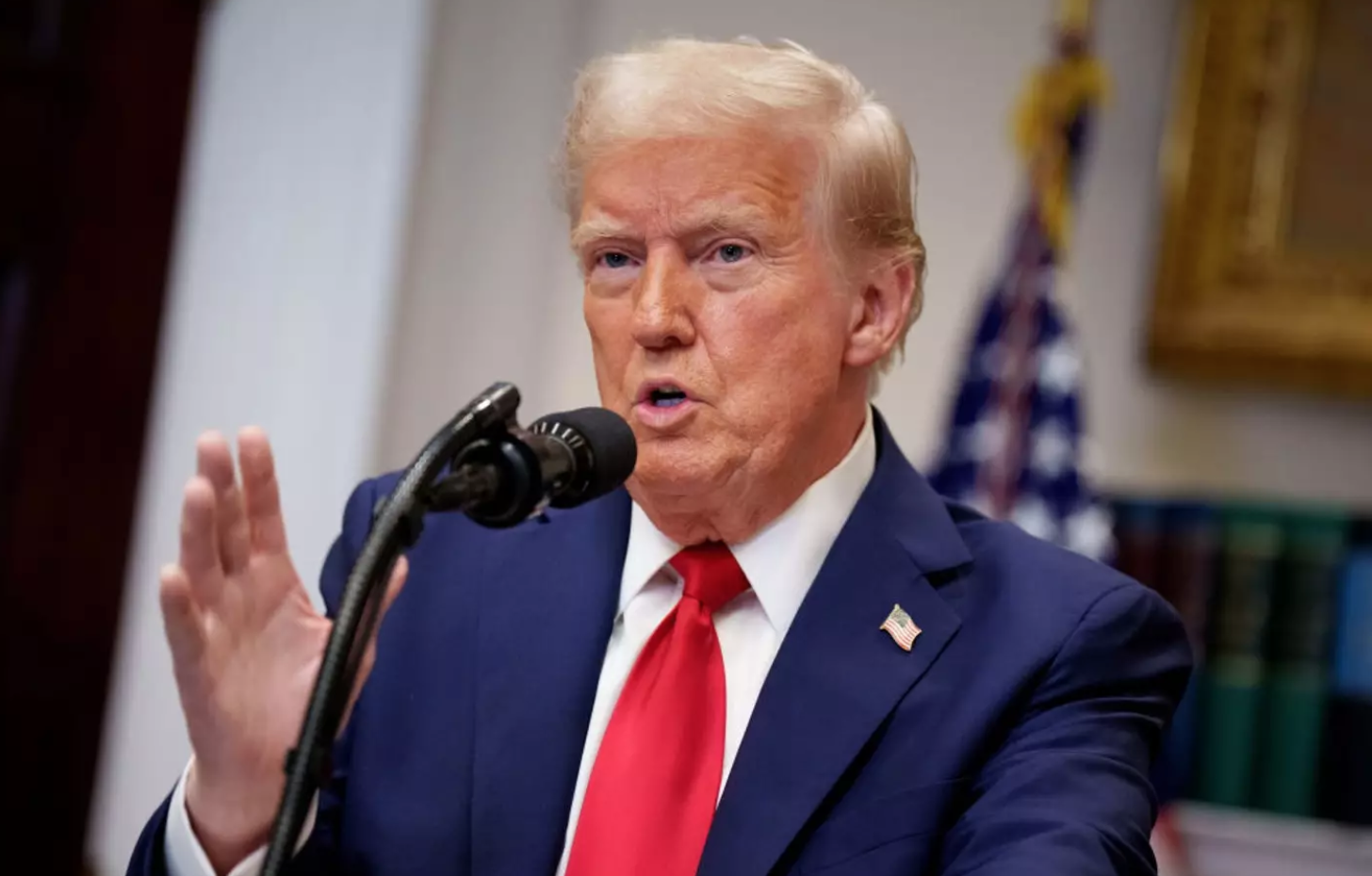In a controversial move that has reignited debates about workplace equality, President Donald Trump marked the start of his second term by dismantling key employment protections aimed at promoting diversity, equity, and inclusion (DEI). Among the executive orders signed during his first days in office was the revocation of Executive Order 11246, a landmark policy established in 1965 to protect workers from discrimination based on race, religion, gender, and other factors.
This decision, part of a broader effort to eliminate DEI initiatives across federal agencies, has drawn both praise and criticism, highlighting deep divides over the future of workplace equity in the United States.
What the Revoked Employment Act Means
Executive Order 11246 has long been a cornerstone of equal employment opportunities, particularly for marginalized groups such as women, people of color, and LGBTQ+ individuals. By setting federal standards for nondiscrimination in hiring and employment practices, the order has played a critical role in fostering workplace inclusivity.
Trump’s revocation, however, targets what his administration calls “radical and wasteful government diversity programs.” The new executive order eliminates DEI requirements in federal agencies and prioritizes audits of large organizations to ensure compliance with a purportedly merit-based system. Supporters of the move argue that it curbs excessive bureaucracy and prevents race or gender from being prioritized in hiring.
Critics, on the other hand, warn that the decision undermines decades of progress. They argue that without DEI oversight, systemic inequities could resurface, particularly in industries where minorities and women have historically faced discrimination.
Public and Expert Reactions
Criticism and Concern
The revocation has sparked widespread backlash from advocacy groups, legal experts, and public figures. Basil Smikle Jr., a political strategist, described the decision as a step backward.
“This is an effort to erode the political and economic power of people of color and women,” Smikle said. “It opens the door for more cronyism and systemic inequities.”
Many online commentators echoed these sentiments, with some calling the move a deliberate attack on workplace diversity. One user tweeted, “This is good for straight white males and bad for everyone else,” reflecting fears that the rollback disproportionately benefits those already in privileged positions.
Support and Justification
Not all reactions were negative. Supporters of the decision argue that removing DEI requirements ensures fairness by focusing on qualifications and merit rather than identity. Louisiana Senator John Kennedy defended the move, stating:
“The best way to stop discriminating on the basis of race or gender is to stop discriminating on the basis of race and gender.”
Proponents contend that many Americans care less about race or gender than policymakers assume, and that the rollback prevents what they view as reverse discrimination. By eliminating DEI mandates, they believe the government can foster a system where hiring decisions are based solely on competence.
Potential Consequences
The effects of this decision are expected to be far-reaching.
For Workers
Advocates for DEI initiatives warn that removing federal protections could lead to increased discrimination in hiring and career advancement. Without oversight, marginalized groups may feel unsupported and alienated, leading to reduced workplace morale and productivity.
For Employers
Businesses that have embraced DEI programs may face challenges adapting to the new rules. Some worry that dismantling these initiatives sends a signal that inclusivity is no longer a priority, which could harm recruitment efforts and brand reputation.
For the Economy
Critics argue that the rollback could widen economic disparities by limiting opportunities for underrepresented groups. On the other hand, supporters suggest that the changes will reduce red tape and promote efficiency, potentially benefiting businesses in the long term.
A Polarizing Debate
The revocation of Executive Order 11246 underscores the deep divisions in how Americans view equity and inclusion. For some, the move represents a return to fairness and meritocracy. For others, it signals a regression in the fight for workplace equality.
As the administration implements its new policies, the impact on workers, businesses, and the broader economy will be closely scrutinized. What remains clear is that the conversation about diversity, inclusion, and equity in the workplace is far from over.
